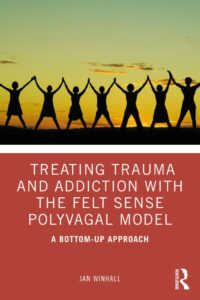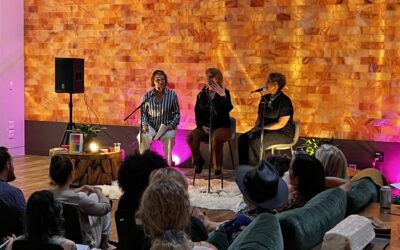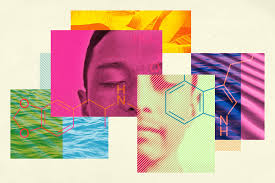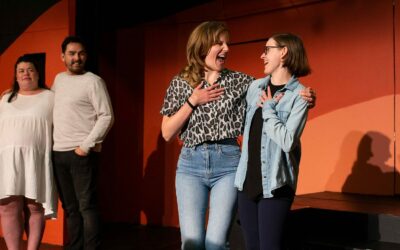Podcast: Play in new window | Download (Duration: 43:18 — 29.7MB)
Subscribe: Apple Podcasts | Spotify | Amazon Music
Many answers to our challenges are already inside of us.
In today's episode, find new perspectives on how culture and trauma affect our navigation within the world. Using bottom-up approaches, she explains how addictions are regulation strategies and provides tools to deeper connect to our nervous systems and ourselves. Join social workers Sue Marriott and Jan Winhall as they explore Winhall's “felt sense” model, where she blends neuroception and interoception through a polyvagal lens.
Jan Winhall is a highly experienced therapist and author who has dedicated her life to understanding and challenging dominant structures. From her years of group therapy and studying with figures like Dr. Stephen Porges, she has combined her findings into her recent book Treating Trauma and Addiction with the Felt Sense Plyvagal Model: A Bottom-Up Approach.
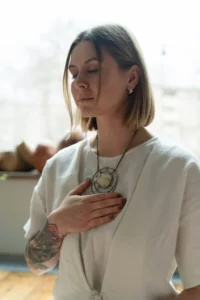
“Felt sense is all about the capacity in the body to notice what we're experiencing and to carry us forward in the direction of healing and growth.” – Jan Winhall
About Jan Winhall

Jan Winhall, MSW, FOT is an author, teacher, and psychotherapist. She is an adjunct lecturer in the Department of Social Work at the University of Toronto. She is the director of Focusing on Borden, a psychotherapy and training center. Jan presents internationally on trauma and addiction.
You can find many resources for both clinicians and clients on her website, including videos, PDFs (see below) and training opportunities.
Time Stamps for the Felt Sense Polyvagal Model
3:47 – Tying the autonomic nervous system to addiction
6:02 – Breaking down bottom-up processing
8:13 – The relationship between interoception and neuroception
14:17 – Rethinking the term “sex addiction”
18:46 – Neuroception temperature example
21:16 – Introducing the intervening variable
27:53 – The six F's and their branches
36:01 – The learning model of addiction
41:34 – Winhall's perspective on polyvagal theory
Resources for the Felt Sense Polyvagal Model
Treating Addiction & Trauma Together – Youtube Video
Trauma and Recovery – Book by Judith Herman
Jan Winhall Models 6 F's client and clinician version
Revolutionizing Addiction Treatment with The Felt Sense Polyvagal Model – Article
International Body Psychotherapy Journal
The Conspiracy of Silence – Book by Sandra Butler
The Politics of Giving Therapy – Eugene T. Gendlin, Ph.D.
Stephen W. Porges, Ph.D. – Website
Doug Braun-Harvey, Fellowship in Sexual Compulsive Behavior – Website
Focusing on Borden – Jan Winhall
Other Relevant Therapist Uncensored Episodes
TU18: Polyvagal Theory: Understanding Irrational Threat Responses in Relationships
TU93: Polyvagal Theory in Action – The Practice of Body Regulation With Dr Stephen Porges
TU94: The Science of Self-Regulation – Breaking Down Polyvagal Theory
TU110: Story Follows State – Investigating Polyvagal Theory with Guest Deb Dana
CLICK here for Jan Winhall Transcripts – Episode 192
We have pledged 50% of all corporate profits & merch sales to organizations that support mental health access to those traditionally left out of mainstream healthcare. We can only do that with the help of our Patrons. Please join us today! By joining as a Patron premium subscriber, you get a dedicated ad-free feed, deeper insights into select content, and unique study opportunities.

